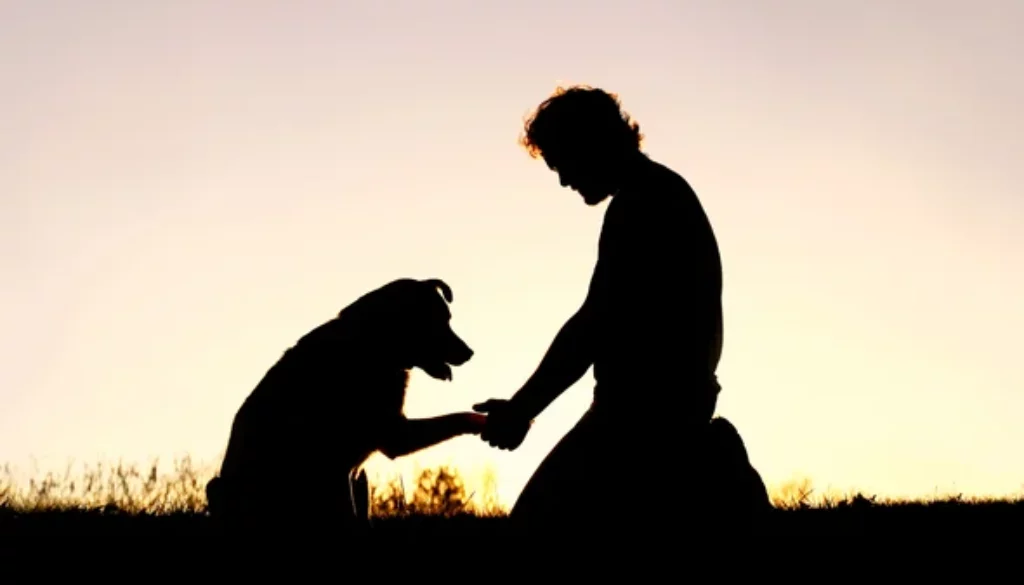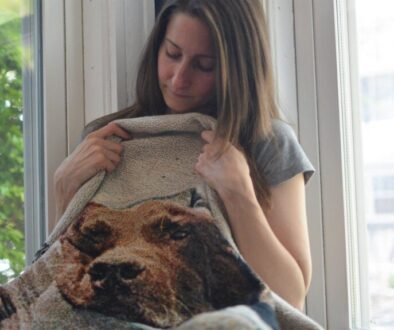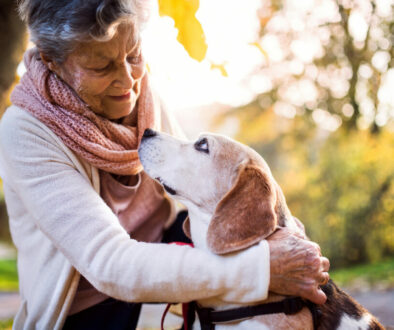Coping with the Loss of Your Beloved Pet
It is often said that pets are family members who bring joy, unconditional love, and companionship into our lives. From the moment you welcomed your furry friend into your home, they became an integral part of your daily routine and countless cherished memories. But when the inevitable happens and you lose your beloved pet, the pain can be overwhelming. Coping with the loss of your beloved pet is a unique and personal journey, but you don’t have to face it alone.
In this article, we will delve into practical ways to navigate through the grief, find solace, and ultimately heal from the pain.
Exploring the Depth of Grief: Understanding Loss
Grief is a natural response to loss, and losing a pet can evoke emotions similar to losing a human loved one. It is essential to validate your emotions and acknowledge that it is perfectly okay to grieve for your beloved pet. Here, we delve into understanding the depth of grief associated with the loss of your beloved pet.
Allow Yourself to Mourn:
- Cry it out: Shedding tears is a cathartic release of emotions.
- Express your feelings: Talk to friends, family, or even a support group who understand the bond you shared.
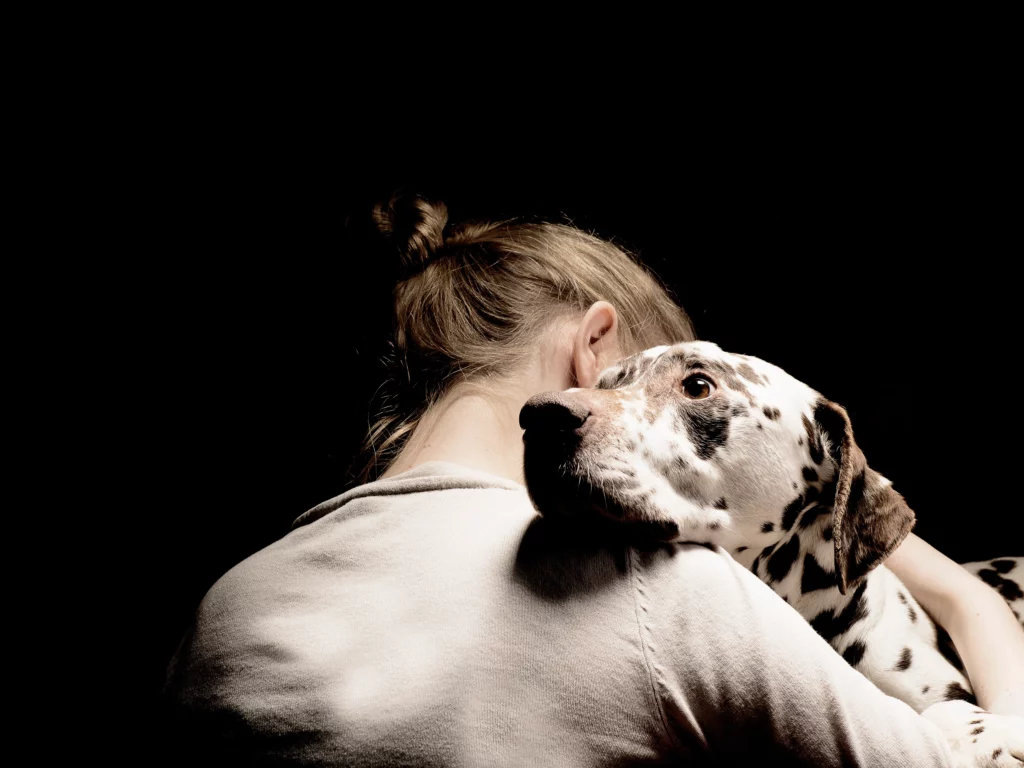
Recognize the Stages of Grief:
- Denial: Initially, it may be challenging to accept the reality of your pet’s absence.
- Anger: Feelings of anger and frustration are common, directed at yourself or circumstances.
- Bargaining: You might find yourself creating “what if” scenarios in an attempt to bring back your pet.
- Depression: This stage encompasses a profound sense of loss and emptiness.
- Acceptance: As time progresses, acceptance slowly emerges, allowing you to heal and cherish your pet’s memory.
Grief can have its ups and downs, manifesting in a myriad of emotions. It is essential to acknowledge and navigate these emotions head-on, allowing yourself to heal gradually.
Remember your Pet:
- Create a memorial: Honor your beloved pet by setting up a memory corner or creating a dedicated photo album.
- Write a letter: Penning down your feelings and expressing your love for your pet can offer closure.
Seek Support:
- Share stories: Engage with others who have experienced a similar loss, as they can provide empathy and understanding.
- Pet loss support groups: Participate in these groups, either online or in-person, and connect with individuals going through a similar grieving process.
Take Care of Yourself:
- Prioritize self-care: Engage in activities that bring you joy and help alleviate stress, such as exercise, meditation, or spending time in nature.
- Be patient with yourself: Healing takes time and occurs differently for everyone. Grant yourself the space you need to heal and process your emotions.
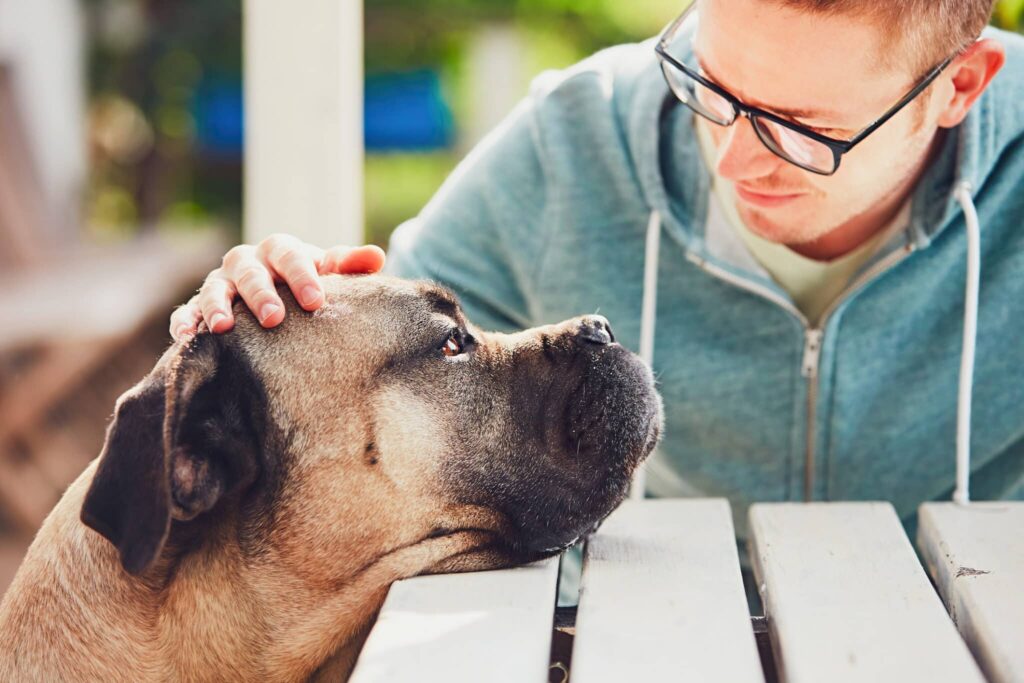
Finding Healing and Peace: Embracing the Journey
Though the pain of losing a beloved pet may never fully dissipate, it is possible to find healing and peace in the midst of grief. By embracing the journey and integrating certain practices into your life, you can memorialize your pet while slowly healing the pain.
Celebrate your Pet’s Life:
- Plant a tree or flowers: Create a garden dedicated to your pet’s memory.
- Volunteer or donate: Honor your pet’s legacy by giving back to animal shelters or organizations.
Consider a New Pet:
- Timing is crucial: Take time to heal before considering bringing a new pet into your life.
- Foster or adopt: Consider fostering or adopting a pet from a shelter, allowing you to provide a loving home for an animal in need.
Pay it Forward:
- Advocate for animal welfare: Support organizations that promote animal welfare and work to prevent cruelty.
- Share your knowledge and experience: Offer guidance and advice to others facing a similar loss or struggling with their pet’s health.
FAQs: Loss of Your Beloved Pet
How long does the grieving process usually last after losing a pet?
The grieving process after losing a pet can vary from person to person. There is no set timeline for grief, and everyone may experience it differently. Some individuals may find that their grief lessens over a few weeks or months, while others may take longer to heal. It is important to allow yourself the time and space to grieve in your own way and at your own pace.
Is it normal to feel guilty after euthanizing a pet?
Feeling guilty after euthanizing a pet is a common and normal response. Making the decision to euthanize a beloved pet can be incredibly difficult, and it is natural to second-guess yourself or wonder if there is more you could have done. It is important to remember that you made this decision out of love and what you believed was best for your pet. Sharing your feelings with others who understand can help alleviate some of this guilt and provide reassurance.
Can other pets in the household also grieve the loss of a companion?
Yes, other pets in the household can indeed grieve the loss of a companion. Animals form strong bonds with each other, and when one passes away, the remaining pets may experience grief. They may exhibit changes in behavior, appetite, or energy levels. Providing additional attention, comfort, and reassurance to the surviving pets can help them through the grieving process. It is also important to monitor their emotional well-being and consult with a veterinarian or animal behaviorist if needed.
Is it common to have vivid dreams about a deceased pet?
Having vivid dreams about a deceased pet is a common experience for many people who have lost a beloved furry friend. Dreams can serve as a way for our minds to process emotions and memories. These dreams may range from pleasant to more emotional, but they can provide a sense of comfort and connection to the pet we have lost. Cherish the memories these dreams bring and allow yourself to find solace in them.
Are there any pet loss-specific therapists available to help cope with the grief?
Yes, there are therapists who specialize in pet loss and can provide support and guidance during the grieving process. These professionals understand the deep bond between humans and their pets and are trained to help individuals navigate through the complex emotions associated with pet loss. They can offer coping strategies, provide a safe space to express your emotions and assist in finding ways to honor and cherish the memory of your beloved pet. Reach out to local therapy centers or search online directories to find a pet loss-specific therapist in your area.
Conclusion: Loss of Your Beloved Pet
Losing a beloved pet can leave an indelible void in our hearts, but with time, understanding, and self-care, healing is possible. Coping with the loss of your beloved pet is a deeply personal journey, and finding solace and peace will take time. Remember to honor your pet’s memory, seek support from understanding individuals, and engage in healing practices.
By embracing the journey and allowing yourself to heal, you can find comfort in the cherished memories and forever keep your beloved pet in your heart. Coping with the loss of your beloved pet is never easy, but it is a testament to the immense love and joy they brought into your life.
Also Read:
